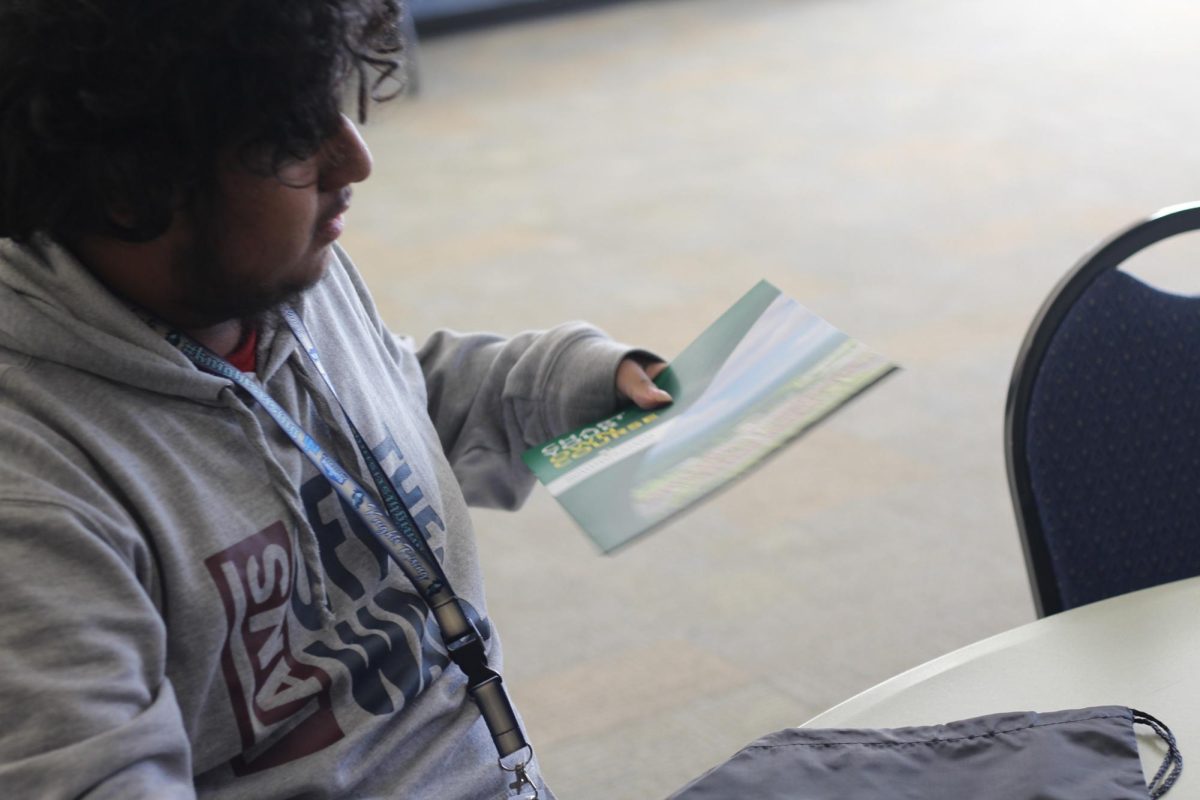
I’ve spent the last few months as an intern for the Paul Clements for Congress campaign. Paul was the Democrat running in southwest Michigan against our current representative Fred Upton, on a platform endorsed by Bernie Sanders and the nonprofit organization OurRevolution. I learned a lot about myself, my fellow Americans, and, despite the fact that we weren’t victorious in winning the 6th district’s seat in Congress, I learned about the path to that coveted Capitol seat in Washington, DC.
- Announce: Tell the world (or your city, county, district or state) that you’re running for office.
- Hire your team: You need campaign directors, treasurers, speechwriters and advisors. You should also recruit people to create ads and people to do the nitty-gritty work: phone calls and canvassing (going door-to-door).
- Create Your Message: Why are you running? What will you do? Why is that better than the other candidate? Timing is everything–what’s the best time to share your message with the world? What’s the best medium–TV, radio, phone calls, door-knocking? All of the above? Should you use negative messaging (my opponent is bad, because…) or exclusively positive messaging (I will make your life better if elected, by doing these things…).
- Find Your Voters: Preliminary surveys of a variety of people participating in your election can tell you who might want to vote for you and who won’t and why, what people like about your opponent and what they don’t, what parts of your message resonate best with voters, and what your opponent might try to hit you on. It’s important to start your campaign armed with this information. You can also obtain lists of voters, perhaps from other candidates or your political party. Registered Democrats, for example, can gain access through the party to Votebuilder via NGP VAN, a database of registered voters and likely democrats.
- Strategize: Now that you’re armed with a message, tweaked based on how it played with voters. Now that you’ve isolated potential supporters and potential attacks your opponent may use, it’s time to strategize. Think about your position: are you an incumbent, a challenger, or are you running for an open seat? Will there be a primary? Do you have one opponent or many? Are the people in your area happy with their lot under the currently elected officials, or no? What are the big issues this election?
- Get Your Head in the (Ground) Game: Sign-up volunteers, interns, or hire more paid staff. Ground game—phone calls, canvassing, simply talking to voters—is how elections are won. Call, knock, repeat. Ask supporters to volunteer, and try to convince those mysterious and crucial undecideds. It’s time to talk about how great your candidate is.
This is where people like me come in–I devoted 3-6 hours a week to the campaign, making phone calls, knocking on doors, registering voters, and performing any other task I was assigned. This is, believe it or not, a lot of fun. With plenty of food at the office and plenty of company, there’s always a conversation to join, and people to celebrate when you actually reach a voter instead of a wrong beeping into your ear. There are more than enough high-fives to go around when you not only reach a voter, but one who will TALK TO YOU, and doesn’t support your opponent. It’s exciting stuff.
Equally as exciting is finishing your call list and getting a new one, or filling in a bar on a paper thermometer detailing the call goals for the week. It’s how I imagine it feels to be elected president, or bite into a hamburger when you’re really hungry–a good, good feeling.
A lot of people don’t want to talk to you. I had more than one person inform me that they don’t tell anyone who they’re voting for, “not even my spouse!”
This surprised me. Coming from a family in which politics is not only a topic of discussion, but a practically daily fixture of breakfast-lunch-and-dinner conversation, I could hardly fathom loving and living with someone who has absolutely no idea about your political inclinations.
Many people just want to talk. I listened to a woman who’d had her car smashed by vandals and couldn’t afford to fix the window with anything besides duct tape on her substitute-math-teacher salary. What, she asked me, would my candidate do about that? Then there was the man who said he would probably stay home because he didn’t believe that any politician was really looking out for him.
“It’s hopeless,” he told me, “none of them care about you or me or anyone, besides their rich friends. I’ve given up.”
There was a single mother who was terrified to lose her health insurance, which was barely supporting her son’s serious medical condition. So many Americans, I found, were scared, standoffish, and barely hanging on.
I tried to listen, and encourage them to vote. There are, I told them, candidates who really do care about you and we need to get them into office.
- Get Out The Vote (GOTV) Week: You have spent the last weeks and months identifying who is going to vote for you. You have spent minute after minute convincing undecided voters that your candidate is the candidate for them. At this point, you have done all you can. It is a week to election day, and persuasion time is over. Now it’s time to reach out to your supporters and make sure they are, as the title suggests, getting out to vote. For almost any campaign, the script is pretty similar; we’re expecting large turnout, so it’s important to have a plan to vote. What time will you be voting? How will you be getting there? Do you need transportation provided? Do you know your polling place? It’s all a matter of making sure the people who like you follow through, and do what counts–vote.
- Election Day: D-Day. The moment of truth. If you think you get to relax and wait for the vote to come in, fingers crossed, you’re dead wrong. This is the time to call in all your volunteers and doorknock like a madman. Make phone calls like you’ve never phone-called before. Get those supporters out the door and into the polling place. Remind people what materials they need to vote. Some states require photo-ID, but in others you can sign an affidavit, a document swearing that you are who you say you are. Some allow straight-ticket voting (ticking one box to select all candidates belonging to a certain party), and some don’t. Be sure voters know that if they’re in line by the time polls close, they can still vote.
You’re only done when the polls close. Then, you sit, you wait, you cross your fingers. You think of the weeks and months behind you, and you hope–or pray–it was enough.







